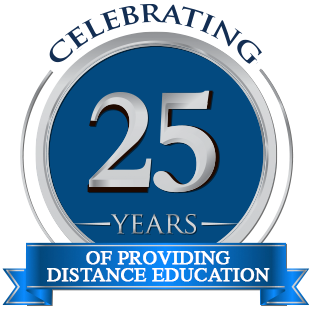Grade 7 Curriculum Guide
The Ogburn Online School offers middle school courses for Grades 6 to 8. We encourage each student to realize their potential, learn what is required to lead their studies and to move ahead with high school education. Our Middle school curriculum serves as an inspiration for students to get successful in high school and beyond.
Grade 7 Mathematics:
Grade 7 Math is an overview of core math skills that prepare students for Algebra and Geometry. Skills include number theory, decimals, data, statistics, fractions, algebraic expressions, equations, ratio and proportion, percent, integers, graphing, rational numbers, probability, geometry, measurement, algebraic patterns, relations, and functions.
Grade 7 Reading:
Grade 7 Reading enables students to comprehend and analyze narrative and expository text in order to communicate more effectively. The broad scope of reading skills includes main idea and supporting details, analogies, figurative language, context clues, classifying, sequencing, cause and effect, inference, summarizing, point of view, predicting outcomes, text/graphic organizers, and reference materials. Students are required to write eight (8) book reviews from book selections at their appropriate reading level.
ELS (English Language Skills):
Grade 6 Language Arts builds on previously learned grammar skills to introduce new grammar concepts. Students improve writing skills through the use of correct sentence structure, increased vocabulary, mechanics, editing, figurative language and using reference materials.
ELS (English Language Skills):
Grade 7 Language Skills combines grammar and writing as a complement to the reading course. Using an across the curriculum format, grammar and usage, parts of speech, spelling, affixes, punctuation, sentence and paragraph structure, revision, and editing are emphasized to increase effective writing skills.
Grade 7 Social Studies:
Civics will provide a comprehensive background for the understanding of United States citizenship and the foundations and operation of American government. Students will apply this understanding to current event topics relevant to our nation.
Grade 7 Science:
Grade 7 Science includes introductory Earth/Space Science and Physical Science. Earth Space Science focuses on planets, asteroids, comets, galaxies, stars, meteors, constellations, and the sun. Earth Science focuses on earthquakes, volcanoes, metamorphosis, weather, climate, tides, currents, water cycle, pollution, and cosmic affects. Physical Science introduces types of measuring tools, motion, energy, electricity, magnetism, light, and sound waves.

GET MORE INFORMATION
Parents / Guardians, fill out this form to get more information on Admissions and Enrollment Options

25 Years Experience
The Ogburn School has been a leading provider of accredited online and
distance education for more than 25 years making us a quality, reliable
and trusted education provider.
Learn more about The Ogburn School on our
Features Page
Learn more about our program on the
Accreditation Page.
Money Back Guarantee
The Ogburn School will refund your money in full if you are not
completely satisfied with your academic program. If for any reason, you
wish to cancel your enrollment agreement within 14 days after the date
of enrollment, you will receive a full refund. If you cancel after 14
days of enrollment, refund will not be awarded. Enrollment fee is
non-refundable.
You have absolutely nothing to lose by trying The Ogburn School – and a
WORLD of possibilities to gain.
Don’t delay. Enroll Today!

A+ Rated BBB Member
The Ogburn School is proud to be accredited by the Better Business Bureau (BBB) and proudly maintains an A+ rating. This achievement highlights our unwavering commitment to providing exceptional education and exemplary customer service. Our BBB accreditation and A+ rating demonstrate our dedication to upholding the highest standards of excellence for the benefit of our students and their families.
